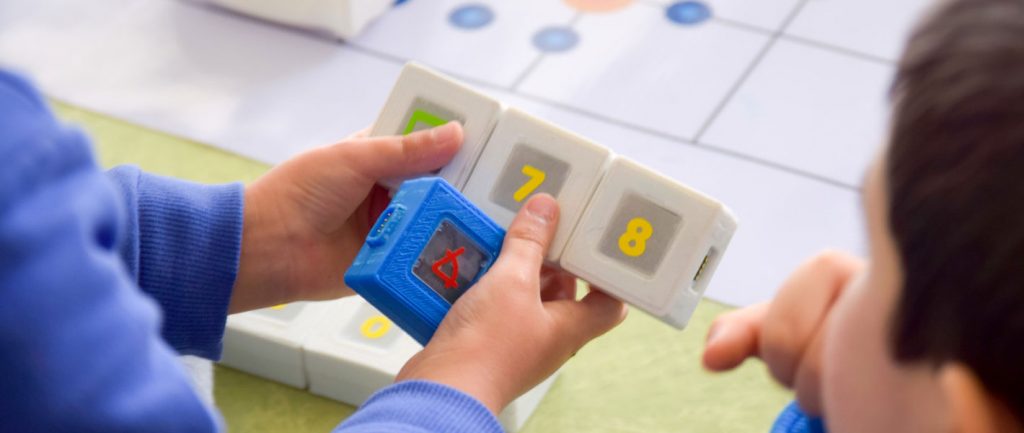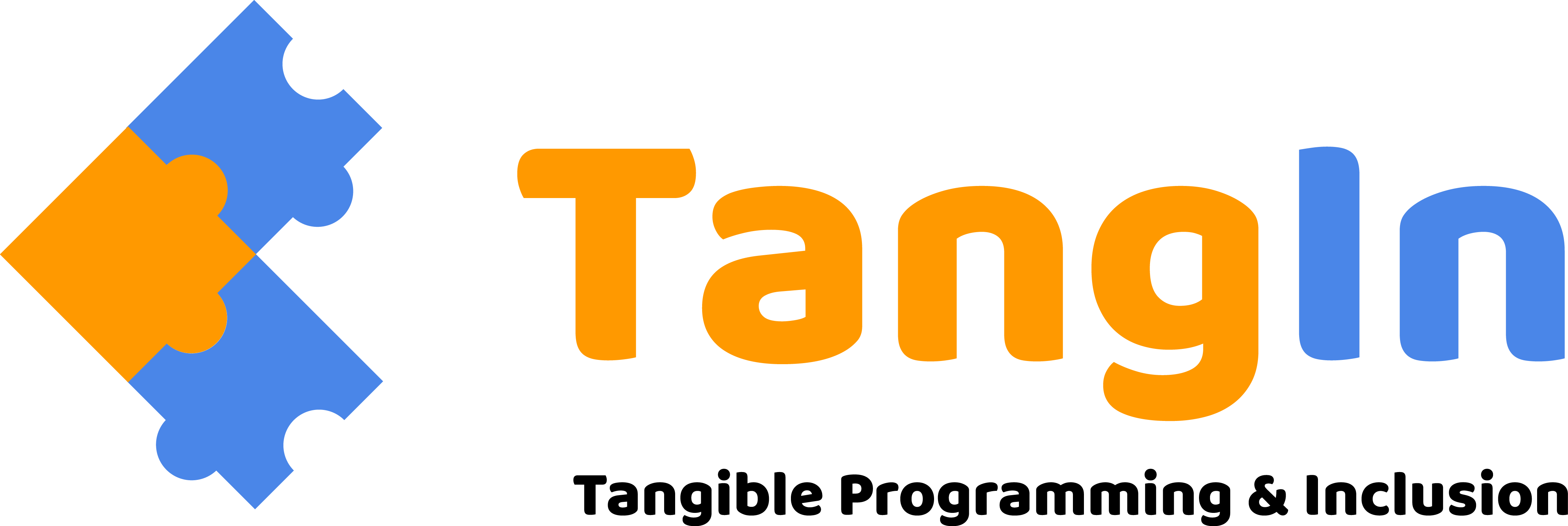
Tangible Programming is needed in European primary schools
Preliminary findings from the desk research, teaches responses to questionnaires and focus group activities show that most of primary level teachers are still not aware of what tangible programming is, and how it can be used in their daily practices to stimulate students for STEM-based subjects and to promote students’ inclusion.
On May 22nd and 23rd TangIn consortium members meet in Sofia, Bulgaria, hosted by Know & Can Association, to discuss the preliminary findings of the desk research activities carried out at partners countries, analyse teachers’ responses to the questionnaires and feedback of their participation in the local focus groups.
Those activities were implemented between November 2017 and April 2018, in several European countries (Portugal, Spain, Bulgaria and Latvia) in the framework of the project activities, based on common guidelines and instruments for data collection. The greatest prominent findings point out that:
- Most of the teachers at primary school level are female, aged 45 years old or more, and only around 20% are aged less than 30 years old.
- Computer, smartphone, Skype and email are the “technologies” mostly used by teachers outside the school; however, only computers and multimedia projectors – and at a smaller extension the interactive board – are being used in the classrooms.
- Teachers at primary school level largely agree that logic and algorithms should be introduced at primary school or pre-school education levels (68%). The same goes for when young children should start to use robots for tangible programming.
- Almost 70% of the teachers at primary school level haven’t heard about what tangible programming is.
- When asked about their knowledge on tools supporting teaching of programming, almost 60% of the teachers are not familiar with the most known tools available (e.g. scratch, logo and others).
More important, is that teachers involved in these initial activities of the project are willing to use tangible programming tools and resources in their classes twice a week (11%), once a week (around 30%) or once every two weeks (18%), despite the fact that their majority are not familiar with what tangible programming is and have no experience in teaching programming or using programming and robots to teach other curricular contents.
Based on the final results of this research phase, the consortium will develop a set of didactic resources for teachers to use in primary school level in STEM-based subjects, that will be pre-tested at the Portuguese School Agrupamento de Escolas da Murtosa. The resources will include:
- A toolbox of activities based on tangible programming and covering topics related to maths, natural sciences and technology;
- A teachers’ handbook, supporting the utilization of tangible programming concepts and tools in general, and of the TangIn educational resources in particular.
TangIn project (www.tangin.eu) is co-funded by the European Union Erasmus+ program and brings together educational organizations and institutions in a consortium composed of partners from 4 different countries (Portugal, Spain, Latvia and Bulgaria) and is coordinated by the Portuguese company Carreira & Alegre Lda.
If you are interested in participating in the TangIn project or if you would like additional information, you can do so by contacting Pedro Costa at pedro.costa@inova.business.
